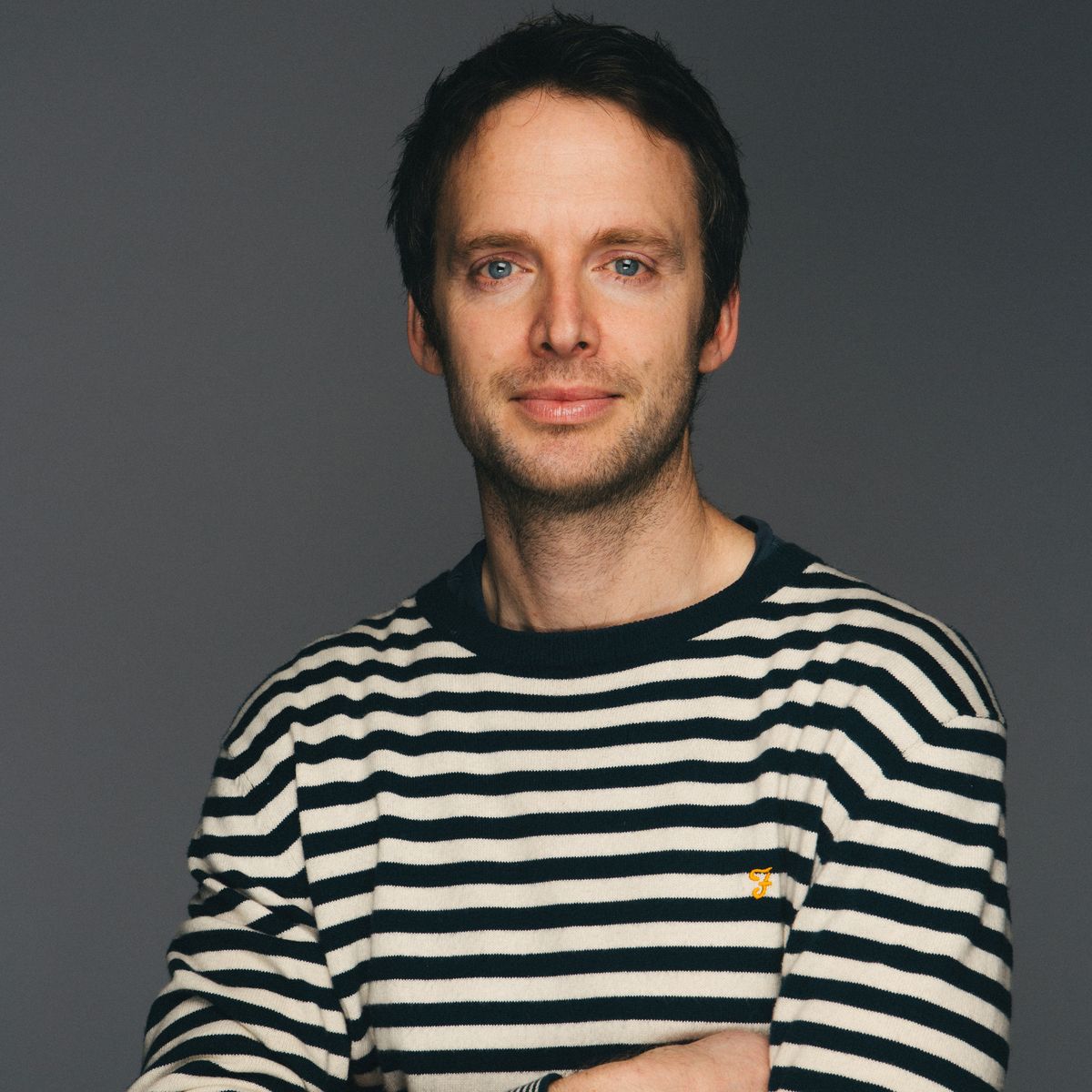About Time You Met: John Pritchard, Founder of Pala EyewearBy Angelica Malin
Pala is an ethical sunglasses brand, who put people and the planet first. From each pair of sunglasses sold they deliver lasting change, empowerment and opportunity by funding eye-care projects across Africa. We caught up with founder John and chatted about his B corp business, his sustainability ethos, and making the leap into the fashion industry:
How did Pala Eyewear get started?

Pala started, perhaps unusually, by identifying a cause first and that starting point was eyecare in Africa – or rather, the lack of it. A pair of spectacles is one of the most cost-effective poverty alleviating tools you can provide a person. So, we kept it simple and created an eyewear brand that would deliver impact. From each pair of sunglasses sold Pala funds eye care projects in Africa.
What does Pala offer?
All our sunglasses are made from environmentally friendly bio-acetate, created in small batch production, at an independent family-run business in Italy – to reduce waste and transport emissions. As a brand-driven by purpose, our mission is to produce high quality, long-lasting eyewear whilst making a commitment to minimise our impact on the planet and maximise positive social impact on people.
We’re also certified as a B Corp, which means we meet the highest standards of verified social and environmental performance, public transparency, and legal accountability to balance both profit and purpose.
What challenges have you faced as a sustainable brand?

I think there are always challenges in running a business. But trying to run one sustainably, with a triple bottom line that is committing to balancing people, planet and profit mean that we have to grow slowly. It means not taking the easiest, cheapest or most convenient route – but rather considering carefully, how we can do things differently to spearhead real change and help to inspire positive steps forward in our industry.
Why is Africa so important to you and how does this wider purpose impact the job satisfaction that you feel with the brand?
In my early twenties, I was fortunate enough to travel to numerous countries across Africa. The people I met, and the beauty of the landscape never left me. Years later I read an article about the lack of access to eyecare and learnt that there are 1.2 billion people in the world with poor vision, simply because they are unable to receive basic surgery or access glasses. Africa has 73% more visually impaired people than any other region in the world, so if you are going to start somewhere why not start where the problem is greatest.
Yet, a pair of reading glasses is recognised as the number one tool to fight poverty – it empowers the wearer by enabling them to read, learn and work. I knew that something more could be done. So, Pala was founded to help join the dots to help others to see.
What did you do before founding Pala?

I worked at Microsoft for almost 10 years before making the jump to start my own business. As a company, Microsoft encouraged independent thinking and with that a sense of entrepreneurial spirit. During my time there I received excellent sales and marketing training, so I certainly had a good foundation of skills ready for when I made the move to start Pala.
However, the reality of starting a sunglasses business was that I was entering an industry (fashion) that I had no previous experience in, I just knew I wanted to make a difference and try to do it sustainably. But my knowledge of sunglasses didn’t extend beyond the pair of old frames I kept in my kitchen drawer. So, from that point of view, it really was a case of starting from the beginning!
What is your advice for aspiring entrepreneurs?
Research your space. Identify the service or product you wish to create and see where your USP can shine and what value you can add for customers. It sounds obvious, but I would say it has probably taken me 5 years to finally get to a place where I am happy with our positioning in the market, the quality of product we offer and the story behind it.
You need resilience and to be a little risk adverse at times and when there are bumps in the road, you just see these as challenges to be embraced… notwithstanding you’ve got a good story to tell at the end of it all!
Finally, network. If you intend to be a ‘business for good’, it puts immediately you in an advantageous position. If people can see your aim for your business is addressing a far bigger picture for people and planet, then you find goodwill and advice a lot more forthcoming.
For further information on Pala eyewear, see here.

